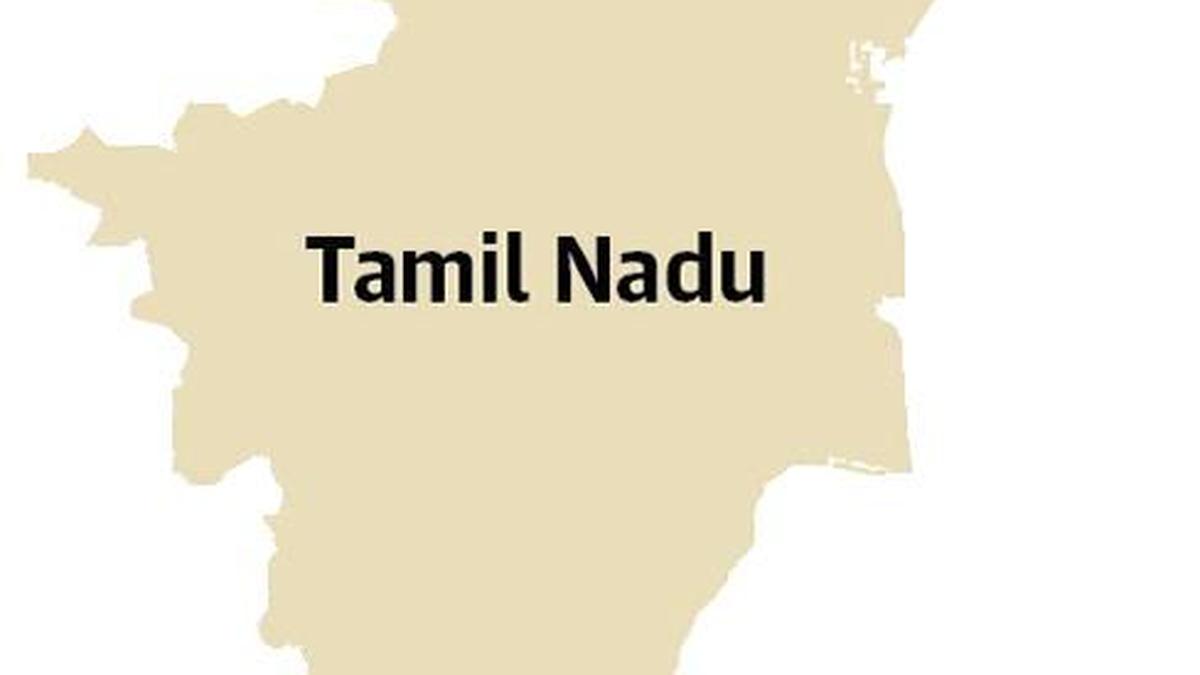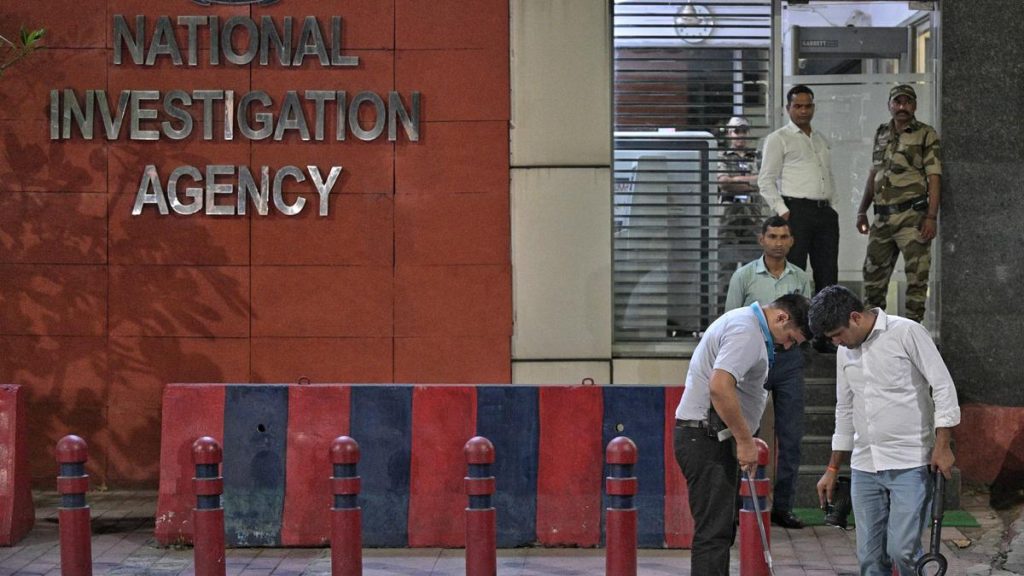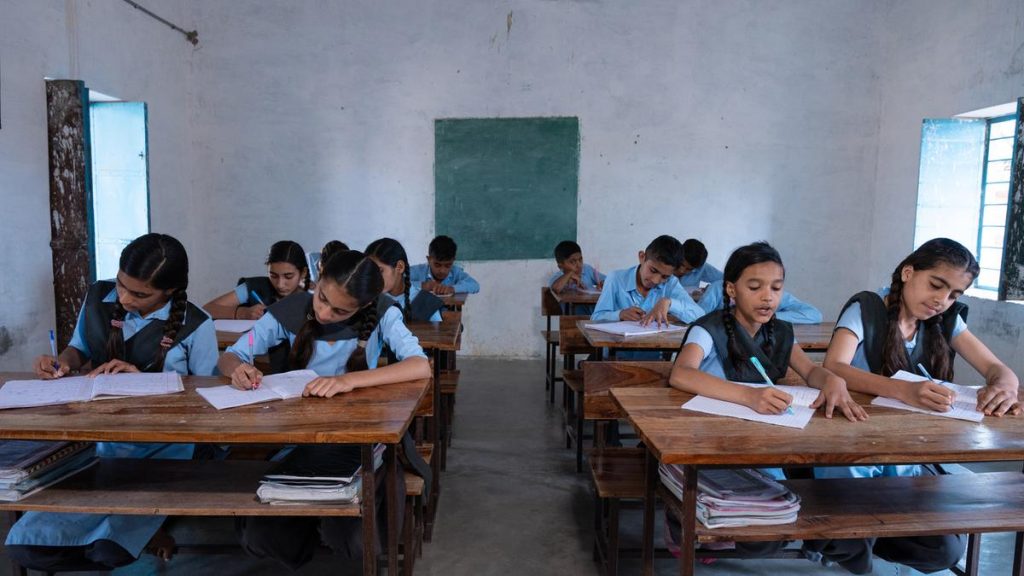Now Reading: Coalition Tensions Surface in Tamil Nadu
-
01
Coalition Tensions Surface in Tamil Nadu
Coalition Tensions Surface in Tamil Nadu

quick Summary
- Union Home Minister Amit Shah announced in April that BJP-AIADMK ties were restored.
- Amit Shah stated AIADMK would lead the coalition government if victorious, but AIADMK did not respond positively.
- Historically, Tamil Nadu’s major parties, DMK and AIADMK, have avoided sharing power through coalition governments.
- AIADMK spokesperson Vaigaichelvan stated coalition governance would “never ever” gain acceptance in Tamil Nadu.
- Edappadi K. Palaniswami asserted AIADMK intends to form a majority government alone during his State-wide campaign for the 2026 Assembly elections.
- Tensions persist as BJP did not formally name Palaniswami as their Chief Ministerial candidate; this sparked criticism from DMK circles about BJP’s confidence in his leadership.
- Speculation is high regarding former Municipal Governance Minister S.P. Velumani’s future role amidst differences within the AIADMK senior ranks.
Indian Opinion Analysis
The discourse surrounding coalition governance reflects deeper political strategies and structural dynamics among Tamil nadu’s major parties. Historically resistant to shared power models, both DMK and AIADMK seem intent on maintaining single-party dominance at the state level – a stance which likely resonates with local voters accustomed to strong centralized leadership within a party.
The ambiguity around leadership roles within the BJP-AIADMK alliance hints at underlying cracks that need addressing before collaborative campaigning begins for 2026 elections.This delay risks confusing voters about alliance cohesion while providing an opportunity for rival parties like DMK to exploit perceived divisions.Additionally, debates over internal differences may impact trust between grassroots supporters of both sides if unresolved early.
Effective communication is pivotal for partnership stability moving forward – especially given Tamil Nadu voters’ preference against power-sharing coalitions seen historically through election results.
Read More:
























